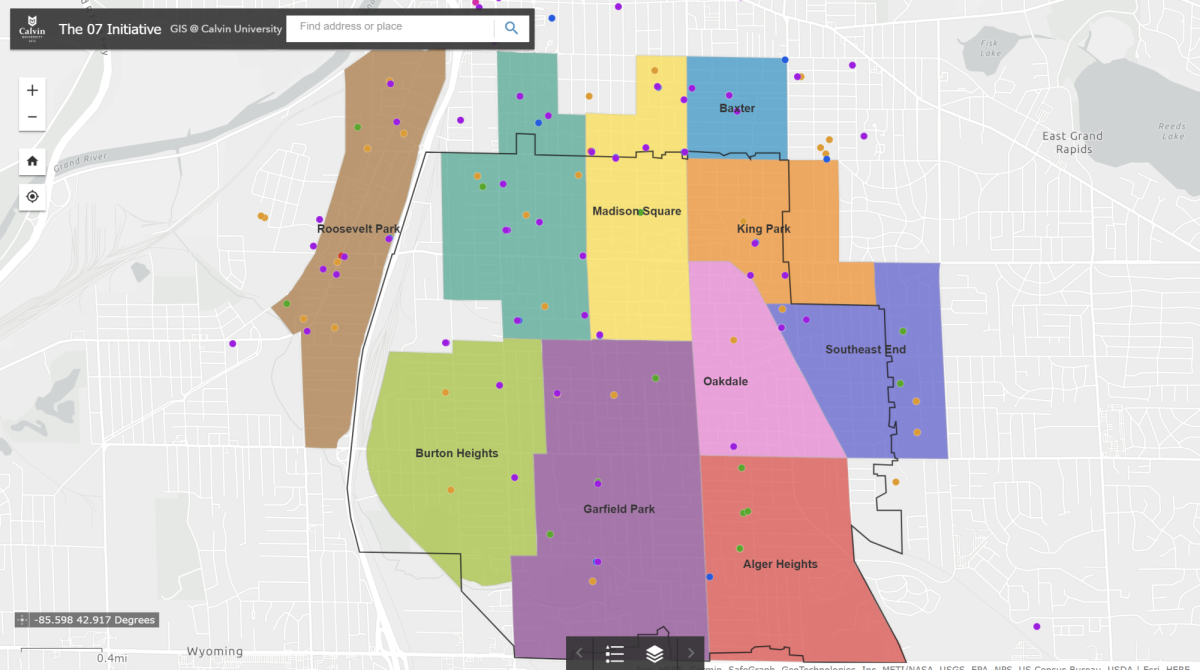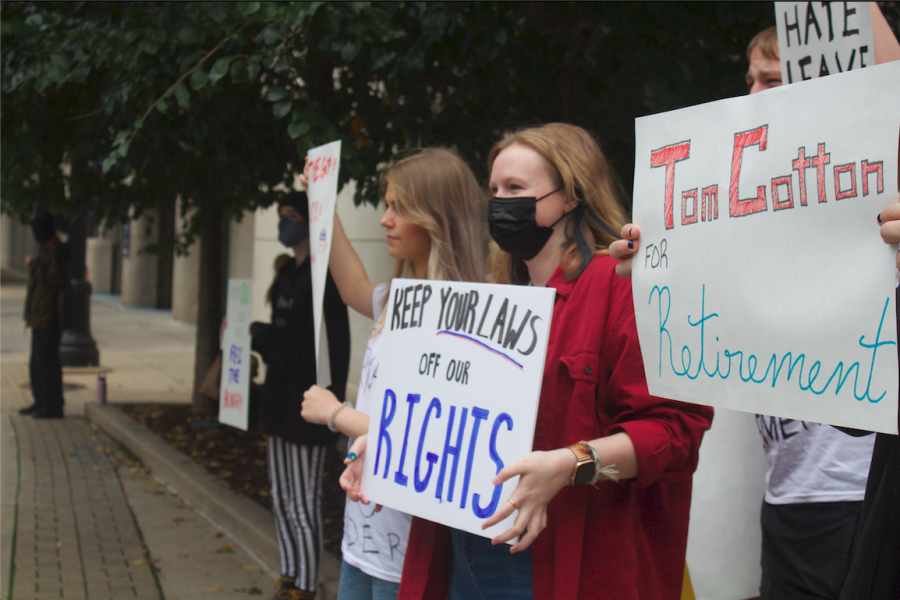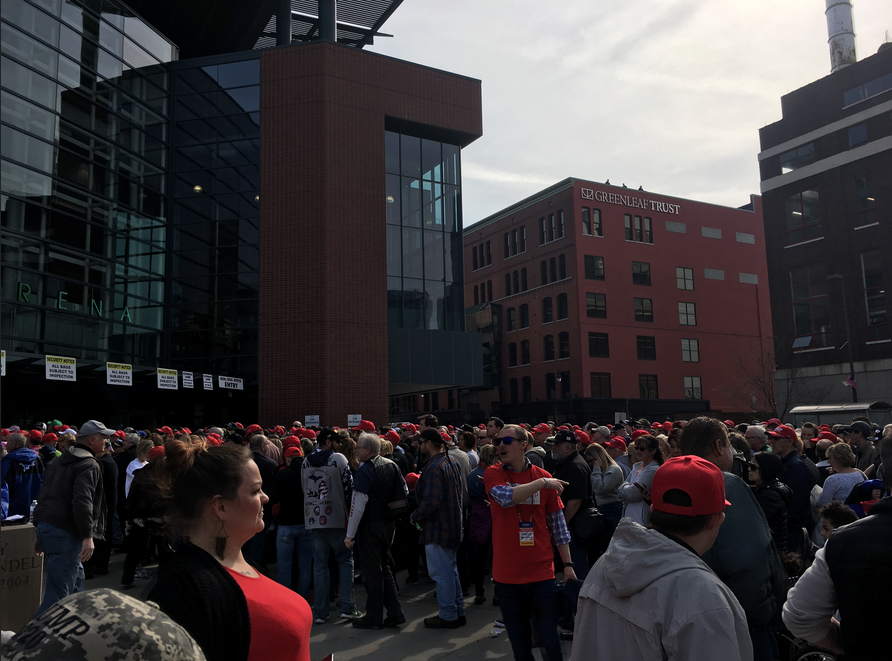There are 27 million men, women and children living in slavery around the world. Human trafficking is the modern-day version of slavery, and it is a big problem here in Grand Rapids, Michigan.
Rebecca McDonald, founder and president of Women At Risk International, a local organization committed to giving dignity to victimized women, said of the issue:
“Unfortunately the state department estimates in that West Michigan alone there are 2,400 minors for sale at any given time, mostly on the internet. And this is in the land of the free.”
Human trafficking as defined by the United Nations is “the recruitment, transportation, transfer, harboring or receipt of persons, by means of the threat or use of force or other forms of coercion, of abduction, of fraud, of deception, of the abuse of power or of a position of vulnerability or of the giving or receiving of payments or benefits to achieve the consent of a person having control over another person, for the purpose of exploitation.”
In layman’s terms it’s the exploitation of a human being through various forms of force.
When most people hear human trafficking, they think of sex trafficking and specifically prostitution, but that is not all that sex trafficking is. Men, women and children can be sexually exploited in various arenas such as residential brothels, strip clubs, escort services, massage parlors, pornography and prostitution at the street level.
The children who are sexually exploited are typically runaway homeless youths from impoverished homes, and many have been sexually abused previously.
Trafficked girls have extremely dependent relationships with their pimps, making it hard for them to leave.
Men are also trafficked for sexual exploitation. Many male prostitutes take part in survival prostitution — having sexual relations with another person for money to make ends meet. Some have been sexually abused at a young age by family members and see prostitution as an opportunity to be in control for once.
When people think labor trafficking, they think sweatshops in developing countries, but that is not always the case. Labor trafficking comes in the form of forced and bonded labor. Bonded labor or debt labor is the most common form of trafficking, but also the least known.
Traffickers lure immigrants to America, promising a home and a good-paying job, but once they come to America, their passports are taken away and they are forced to work long hours in bad conditions. The traffickers convince them that the police would try to deport them instead of helping them if they were called.
It’s hard to detect if a person is being trafficked, but there are signs. Showing up on every payday with a worker, riding off to work in the morning and back at night in a large van and lacking sufficient breaks can all be signs of labor trafficking.
There are great organizations in Grand Rapids the West Michigan area that are trying to fight, prevent and inform the local community about human Trafficking. The Manasseh Project, the Michigan Human Trafficking Task Force and SOAP are a few of these.
If you would like to take an active role in fighting against human trafficking but aren’t sure how, check out Voices Against Human Trafficking (VAHT). VAHT is a new student organization at Calvin College that aims to spread the word about human trafficking and engage the student body in conversation in how they can take part in the fight against it.
If you would like more information on VAHT, checkout their Facebook page, www.facebook.com/VoicesAgainstHumanTrafficking or email [email protected].









